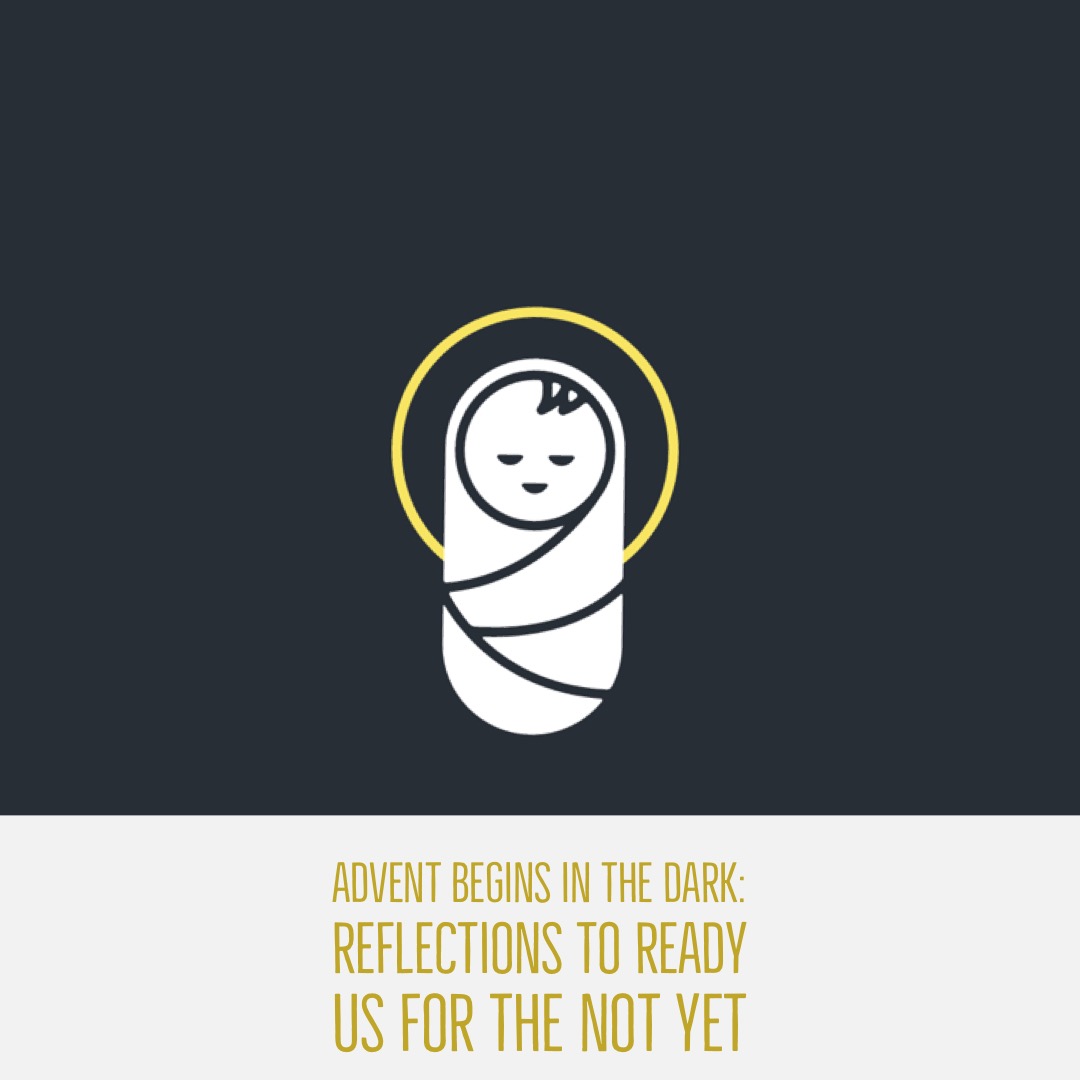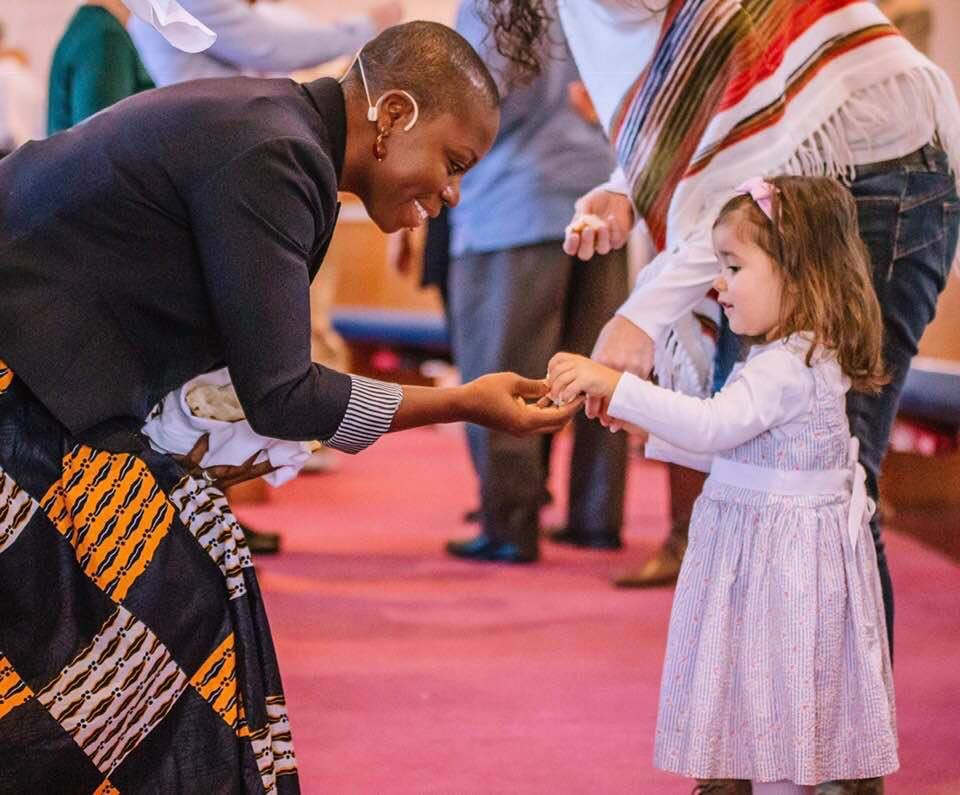
Four years ago, my husband and I discovered we were expecting our fourth daughter. Unlike many of my sisters who struggle with infertility, I am one for whom fertility came easy. I wish I could tell you the news of another pregnancy, in a seven year period (felt more like every year) was welcomed news. It wasn’t. At the time, I was in the everyday throes of doing life with three little girls, ages 7, 5, and 2. I did not have time for this interruption.
Additionally, I was in my first solo pastoral appointment at a small African American church, in Arlington, VA. Like most Protestant churches in America, the changing neighborhood demographic had brought a decline in their membership. The appointment of a young pastor, with young children, was certainly a dream come true, an answered prayer for them. With all their hopes and expectations projected on me to curve fifty plus years of decline, and my own goal of applying for ordination that year, I did not have time to yet, again, go through the stages and and changes bringing new life into the world entails. Also, I did not want to have go through having “The Talk”with yet another child, in a country that does not value our sun-kissed skin.
Yet, the Christmas narrative found in the gospels of Matthew and Luke are filled with interruptions—Joseph’s discovery of Mary carrying a child that is not his; an angel of the Lord appearing to Mary saying something unbelievably miraculous will take place in her body because she has found favor with God; a census, first of its kind, forcing the couple to uproot their life in Nazareth to Bethlehem in order to fulfill the prophecy of where the child would be born; shepherds working the night shift suddenly overwhelmed by the terrifying sight of God’s glory shining around them; and astrologers, wise men, from the East following an unusually bright star in search of the child who has been born king of the Jews.
As humans, we do not like interruptions. They are a nuisance. They throw our plans off kilter. They are a hindrance to the individualistic tendencies of our culture. Yet, the witness of the biblical writers is one that shows interruptions as being a God-thing! Interruptions reveal God’s in-breaking presence into a world, consumed with self aggrandizement and overcome by the death grips of fear. God’s interruptions invite us to hear, believe, and trust God’s working in our lives and the world to free us from fear.
The news that we were expecting a fourth child was indeed met with fear. Fear of juggling life as a full time pastor and the the expectations (good and bad) of my vocation. Fear of not being able to write my ordination papers. Fear of the increasing cost of childcare. Fear of bringing, another child into a world hostile to the color of our skin. But, with every doctor visit revealing a healthy growing child; with every foot, knee, elbow pressed against my belly; with every rush to the bathroom from the pressure on my uterus, I came to love this child yet unborn. This God-doing. This blessed gift. This privilege and honor. This unexpected interruption.
This evening, our houses of worship will be more full than usual. Many will be coming for the sentimentality of the night. Others will be there for the sake of tradition. And others will be there out of curiosity. Regardless of these varied reasons, each of us will be seeking meaning for the interruptions happening in our lives. On this night, may we, by faith, receive the gospel that God is not against us, but is for us and with us. Hear. Believe. Trust.

By Rev. Chenda Innis LeeChenda’s strengths, from the Gallups’s Strengths Finder inventory include: harmony, adapatibility, empathy, deliberative, and consistency. But you wouldn’t gather that from the degree to which Jason fears her (or, her preaching, which is deeply influenced by Jesus’ message of inclusion for those on the margins of society. Though often challenging, her preaching comes from a place of deep compassion, love, conviction, and desire for all God’s people to live fully and freely in the abundance of God’s grace. A native of Liberia, West Africa, she came to the United States when she was sixteen, after surviving Liberia’s civil war. She enjoys documenting, on social media, the crazy and beautiful (crazetiful) things her daughters do, exploring ethnic cuisines, and reading young adult fiction. She and her husband, Asa, met during their time at Wesley Theological Seminary. They are stewards of four spirited daughters—Akeemah, Jaanaiya, Cydah, and Camaini.
